Coffee
Home - Coffee

£113.09
£42.89
Why Buying the Right Coffee Matters.
You could believe Coffee is just Coffee– once you begin tasting the distinction between a common grocery store mix and a newly baked batch from a little UK roastery, you’ll never go back.
The appropriate Coffee:.
Preferences better: Freshly baked beans have a depth of flavour that pre-ground choices can’t match.
Odours are amazing– Aromatic oils in coffee beans fade quickly after roasting, so freshness is crucial.
Saves money long-term– Buying good-quality beans and brewing in the house usually costs less than everyday café journeys.
Sustains lasting cultivators– Many UK coffee brands concentrate on fair trade and honest sourcing, helping farmers earn a living wage.
It’s not about being a coffee pretender; it’s concerning taking pleasure in a far better version of something you currently like.
Recognising the Basics: Coffee Beans 101.
Prior to you click “include in cart,” it helps to know what you’re in fact purchasing. Coffee beans originate from 2 main types: Arabica and Robusta.
Arabica.
Smooth, aromatic, and a little acidic.
Grown in greater elevations (think Ethiopia, Colombia, Brazil).
Normally a lot more expensive, however liked for its delicate flavour and complexity.
Robusta.
Stronger, extra-bitter taste with greater caffeine content.
Grown in reduced altitudes (like Vietnam or Indonesia).
Typically utilised in espresso blends for that extra kick.
A lot of coffees you’ll buy in the UK are Arabica or an Arabica– Robusta mix. If you love smooth, balanced flavours, go Arabica. If you need that punchy, wake-me-up intensity, a Robusta mix might be your match.
Entire Beans vs Ground Coffee.
When getting Coffee, you’ll generally select between whole beans and pre-ground Coffee. The distinction is easy– but it makes a big influence.
Whole Beans.
Ideal quality and flavour.
Needs a mill (burr grinders are optimal).
Perfect if you enjoy exploring and developing techniques.
Ground Coffee.
Easier– scoop and make.
Sheds aroma faster than entire beans.
Select grind size based on your brewing technique (fine for Coffee, crude for French press).
If you’re beginning, acquiring newly ground Coffee from a reputable roaster can be a terrific middle ground– comfort with top quality.
Roast Levels: Light, Medium, or Dark?
Roasting is what transforms environment-friendly coffee beans into the rich brown ones we brew. The roast level changes the flavour dramatically.
Light Roast.
Brilliant, fruity, and acidic.
Protects the bean’s initial flavours.
Perfect for filter coffee or pour-over fans.
Tool Roast.
Balanced and functional.
Functions well for many developing techniques.
Somewhat sweeter, with a moderate level of acidity.
Dark Roast.
Deep, smoky, and bold.
Lower acidity, greater resentment.
Great for espresso and milky beverages like cappuccinos.
If you’re uncertain, begin with a medium roast– it’s the crowd-pleaser of the coffee world.
Where to Buy Coffee in the UK.
Fortunately, coffee fans in the UK are spoiled for choice. Whether you’re shopping online or searching your local market, you can find fantastic alternatives at every price point.
1. Speciality Coffee Roasters.
Independent UK roasters like Union Hand-Roasted, Origin Coffee, Grind, Rave Coffee, and Climpson & Sons source beans straight from farmers and roast them in tiny batches.
Pros: Fresh, deducible, and often morally sourced.
Disadvantages: Slightly costlier than supermarket choices.
2. Grocery stores.
Significant grocery stores like Tesco, Sainsbury’s, and Waitrose now supply higher-quality beans and speciality brands.
Pros: Convenient and inexpensive.
Cons: Beans may not be as fresh.
3. Online Coffee Subscriptions.
Brand Names like Pact Coffee, BeanBox, and Blue Coffee Box supply fresh-roasted Coffee directly to your door.
Pros: Fresh, tailored to your taste, problem-free.
Cons: Recurring expense (though usually versatile).
1. Just How to Brew Coffee in the house.
There’s no one “ideal” means to make Coffee– it relies on your taste and the devices you have. Here’s a quick summary of one of the most prominent home developing approaches in the UK, and what makes each one shine.
French Press (Cafetière).
Best for: Beginners and daily drinkers.
What you’ll require: Coarse-ground Coffee, warm water, and a cafetière.
Why it’s great: Simple, no filters needed, rich, full-bodied flavour.
How to brew:.
Add one tbsp of coarse-ground Coffee per 150ml of water.
Pour warm (not steaming) water over the premises.
Stir carefully and allow it to steep for 4 minutes.
Press gradually and pour.
Pro pointer: Avoid letting it rest too long– it can turn bitter.
Pour-Over (V60 ou Chemex).
Best for: Those who like intense, fragrant flavours.
What you’ll require: Filter papers, a dripper, and newly ground Coffee.
Why it’s excellent: Brings out delicate notes and enables control over brewing time.
How to brew:.
Rinse your paper filter with hot water to get rid of the paper taste.
Add Coffee (medium work) and slowly pour warm water in circular motions.
Make for about 2 1/2– 3 minutes for a tidy, balanced cup.
Pro suggestion: Use a gooseneck kettle for better pouring control.
Espresso Machine.
Best for: Those who love café-style Coffee at home.
What you’ll require: Espresso equipment, fine-ground Coffee.
Why it’s wonderful: Produces rich, concentrated Coffee perfect for cappuccinos and coffees.
How to brew:.
Usage regarding 18– 20g of finely ground Coffee per double shot.
Tap the premises equally.
Extract for 25– 30 seconds for ideal flavour.
Pro suggestion: Grind dimension and pressure issue– experiment to find your sweet spot.
Moka Pot (Stovetop Espresso).
Best for: Strong, espresso-like Coffee on a budget.
What you’ll need: Moka pot, medium-fine ground coffee.
Why it’s fantastic: Affordable, sturdy, and it has that classic Italian-style coffee kick.
How to brew:.
Fill up the bottom chamber with warm water (below the valve).
Add Coffee to the filter basket– do not tamp.
Heat carefully in the oven until you hear a gurgle.
Pro pointer: Remove from heat prior to it finishing bubbling to prevent a burnt taste.
2. Maintaining Your Coffee Fresh.
Buying wonderful Coffee is one thing– maintaining it tasting wonderful is an additional. Coffee is sensitive to air, light, heat, and wetness, all of which can make it stagnate faster.
Simple storage tips:.
Use a closed container: Keep your beans or grounds sealed in an opaque, closed jar.
Store in a cool, dark place: Avoid cupboards near the oven or home windows.
Don’t refrigerate or freeze: Contrary to popular belief, dampness damages coffee flavour.
Purchase tiny sets: Fresh coffee preferences best within 4- 6 weeks of toasting.
If you order online, try to find the roast date (not just a “best prior to” day). Freshness equates to flavour.
3. Getting Coffee in Supermarkets: What to Look For.
If you prefer to pick up your Coffee while doing the regular shop, you can still find good options. Try to find:.
Roast date or “freshly baked” labels (avoid Coffee with lengthy shelf lives).
Fairtrade or Rainforest Alliance accreditation for moral sourcing.
Beans over ground coffee, if you have a mill.
Smaller bags (250g) to guarantee you finish before it stagnates.
Brand names like Taylors of Harrogate, Lavazza, L’Or, and Union are often readily available in larger supermarkets across the UK.
1. Comparing Popular Coffee Types in the UK.
The UK coffee scene is incredibly varied– there’s something for every palate, budget, and way of living. Here’s a friendly contrast of the main choices to aid you in deciding where your taste buds belong.
a) Single-Origin Coffee.
What it means: Beans sourced from one country, region, or even a single ranch.
Taste: Distinct and complicated; flavours often reflect the area’s environment and soil.
Best for: Coffee enthusiasts who appreciate exploring one-of-a-kind flavours (e.g., fruity Ethiopian or nutty Brazilian).
Where to purchase: Origin Coffee, Rave, Union Hand-Roasted.
Why buy it: You’ll taste the distinction– each cup tells a story of where it came from.
b) Coffee Blends.
What it means: A mix of beans from different origins, crafted for balance and consistency.
Taste: Smooth, rounded flavour– fantastic for daily alcohol consumption.
Best for: Espresso or milk-based beverages like cappuccinos.
Where to buy: Pact Coffee, Grind, or supermarket blends like Taylors.
Why buy it: Reliable and functional. Perfect if you want a constantly delicious coffee every early morning.
c) Instant Coffee.
What it means: Dried brewed Coffee that liquifies in hot water.
Taste: Convenient but much less complicated than fresh brewed Coffee.
Best for: Travellers, active early mornings, or work environments.
Where to purchase: Any UK grocery store (try brands like Little’s or Kenco for flavour).
Why buy it: Quick and useful, though not as rich as fresh Coffee.
d) Coffee Pods & Capsules.
What it implies: Pre-portioned ground coffee in capsules (for Nespresso, Tassimo, and so on).
Taste: Depends on brand name and quality– some pods are surprisingly great.
Best for: Busy individuals who want speed and consistency.
Where to purchase: Grind, Colonna Coffee, Dualit, or supermarket-compatible choices.
Why buy it: Convenience meets café quality– examine that sheaths are recyclable or compostable.
e) Decaf Coffee.
What it indicates: Coffee with high caffeine content is eliminated, frequently using water or the CO₂ process.
Taste: Modern decaf can be rich and gratifying, not bland as it used to be.
Best for: Evening enthusiasts or those staying clear of high levels of caffeine.
Where to buy: Decadent Decaf, Pact, or grocery stores’ “Swiss Water Process” options.
Why buy it: Perfect for winding down without quitting the routine.
2. Lasting & Ethical Coffee Buying in the UK.
Coffee preferences are better when it’s properly sourced– and more and more UK customers are selecting to support moral roasters. But what does lasting Coffee really indicate?
Look for These Labels:.
Fairtrade: Ensures farmers are paid fairly and work in respectable problems.
Jungle Alliance: Promotes environmental and social responsibility in farming.
Organic: Grown without artificial pesticides or fertilisers.
Direct Trade: Roasters buy straight from farmers, frequently paying higher-than-market prices.
Sustaining brands that utilise these methods suggests your early morning mug assists in improving lives and safeguarding communities.
Leading sustainable UK coffee brand names:
Grind— Compostable skins, carbon-neutral production.
Beginning Coffee— Transparent sourcing, direct trade partnerships.
Union Hand-Roasted— Pioneers in moral sourcing and lasting farmer collaborations.
Pact Coffee: Pays farmers 25- 125% above Fairtrade prices.
These businesses verify that you can get fantastic Coffee and be proficient at the same time.
3. Spending Plan vs Premium Coffee: Is It Worth Paying More?
It’s reasonable to ask: is there really a large distinction between a ₤ 4 grocery store bag and a ₤ 10 speciality one?
Spending plan Coffee:
Typically roasted months before striking racks.
May usage lower-grade beans or blends for consistency.
Convenient, however flavour can be muted or bitter.
Premium Coffee:
Fresh roasted (often to order).
Transparent about sourcing and roast profile.
Flavour is richer, much more balanced, and extra fragrant.
If you consume alcohol and Coffee daily, upgrading even somewhat can be worth it. Think of it like white wine– when you taste a well-crafted cup, it’s tough to go back.
5. Frequently Asked Questions.
Q1: What’s the very best Coffee to buy for beginners?
A medium roast from a trusted UK brand like Union or Rave is perfect. It’s balanced, easy to brew, and collaborates with many methods.
Q2: How long does Coffee remain fresh after opening?
Entire beans stay fresh for around 4– 6 weeks after roasting if saved in an airtight container. Ground coffee is best used within 2 weeks.
Q3: What’s the distinction between coffee beans and espresso beans?
None practically– coffee beans are baked darker and ground finer for coffee equipment. You can make use of most beans for any brew, depending on grind size.
Q4: Are coffee memberships worth it?
Yes, especially if you consume Coffee daily. They ensure freshness, selection, and comfort– and usually cost much less per bag than one-off acquisitions.
Q5: Where’s the best place to buy Coffee online in the UK?
Try Rave Coffee or Pact Coffee for variety and freshness, or Grind for environment-friendly sheathings. All offer fast delivery and ethical sourcing.
6. The Joy of Buying Coffee That’s Truly Yours.
Purchasing Coffee isn’t simply a transaction– it’s a small act of self-care. The ideal bag of beans can make your mornings calmer, your days brighter, and your nights more relaxed.
When you locate a coffee that really suits your taste, it’s more than caffeine– it’s comfort, high quality, and ritual in a cup. Whether you buy from a tiny UK roaster, a reliable online store, or your local grocery store, what issue is finding Coffee that fits your life and worth.
So go on– explore, taste, and experiment. Try a new roast, order a sample pack, or register for a membership that delivers fresh baked beans to your door. You’ll not just take pleasure in far better Coffee, but also support the people and communities behind every bean.
- Best Selling!

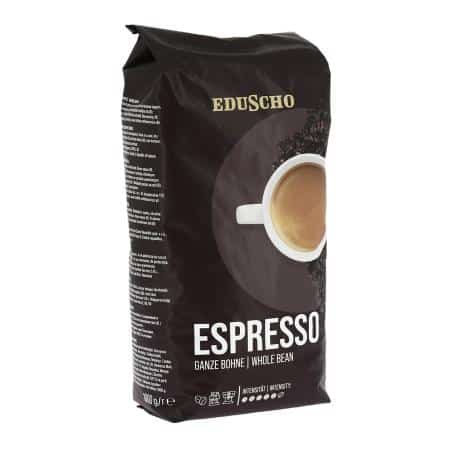
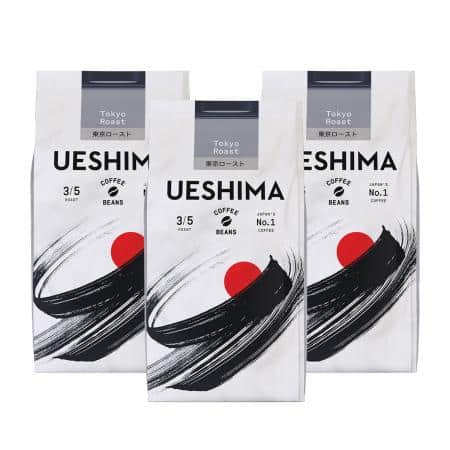
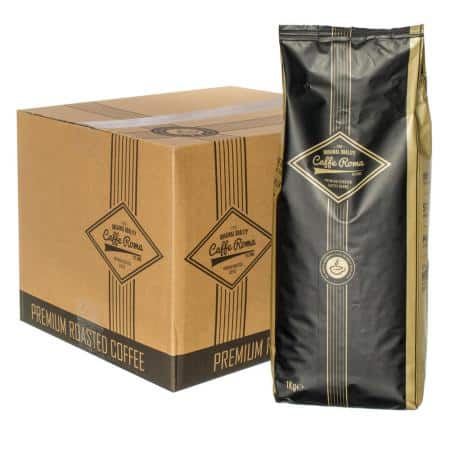
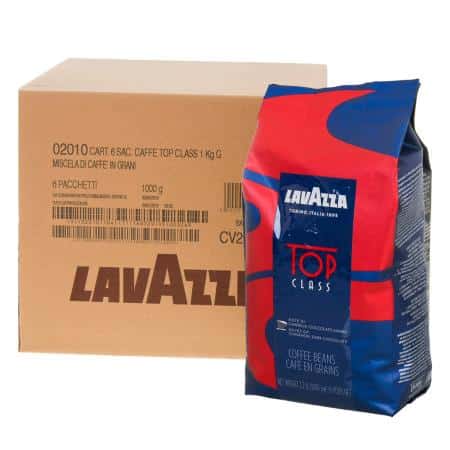
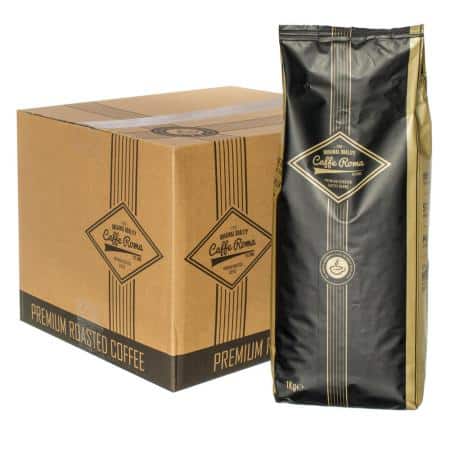
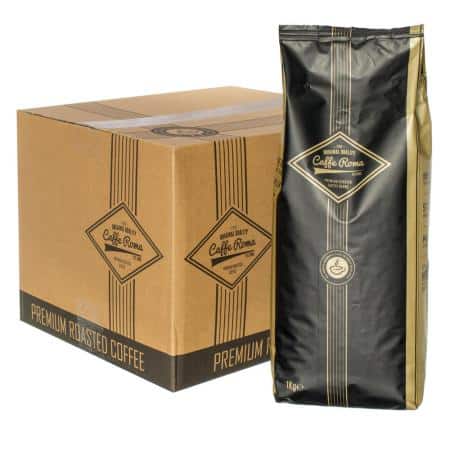
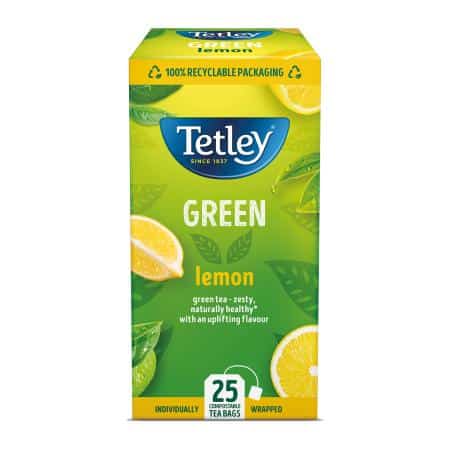 Tetley Green Tea Lemon (25)
Tetley Green Tea Lemon (25) 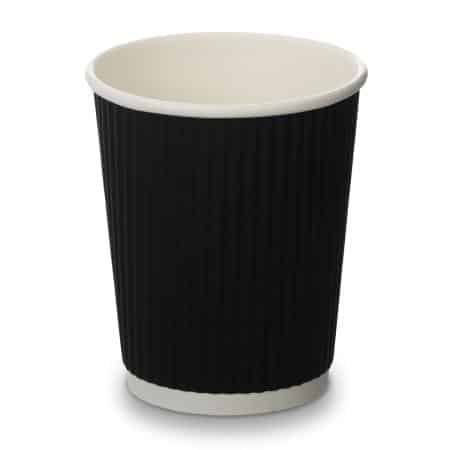 8oz Black Ripple Cups (500)
8oz Black Ripple Cups (500) 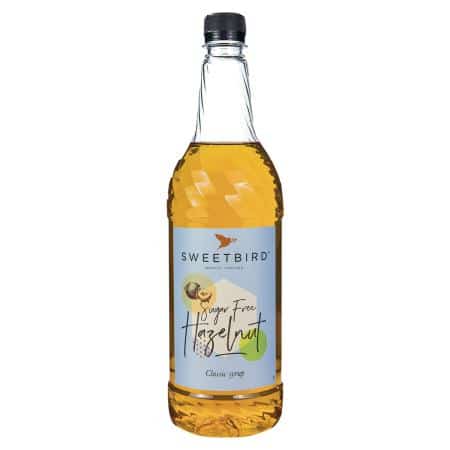 Sweetbird Hazelnut Sugar Free Syrup 1L
Sweetbird Hazelnut Sugar Free Syrup 1L